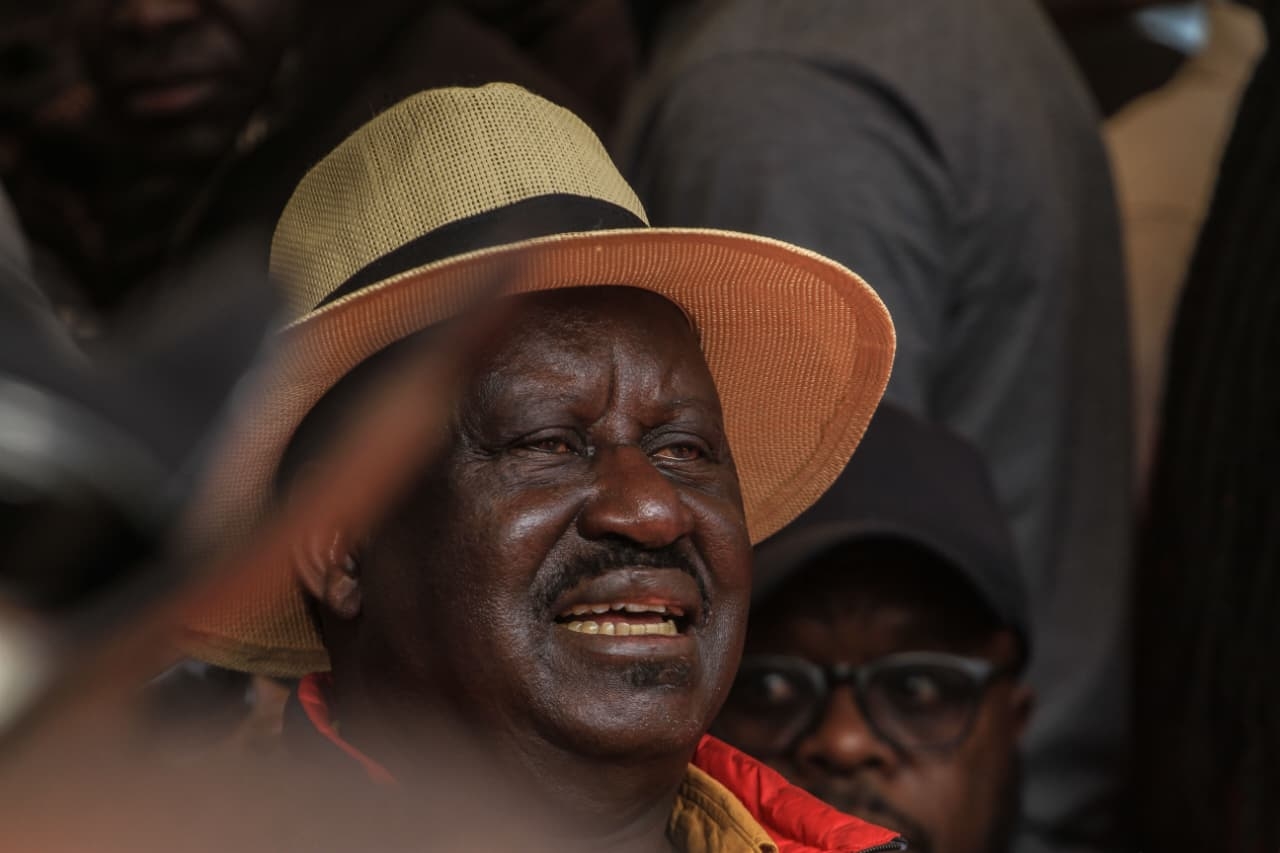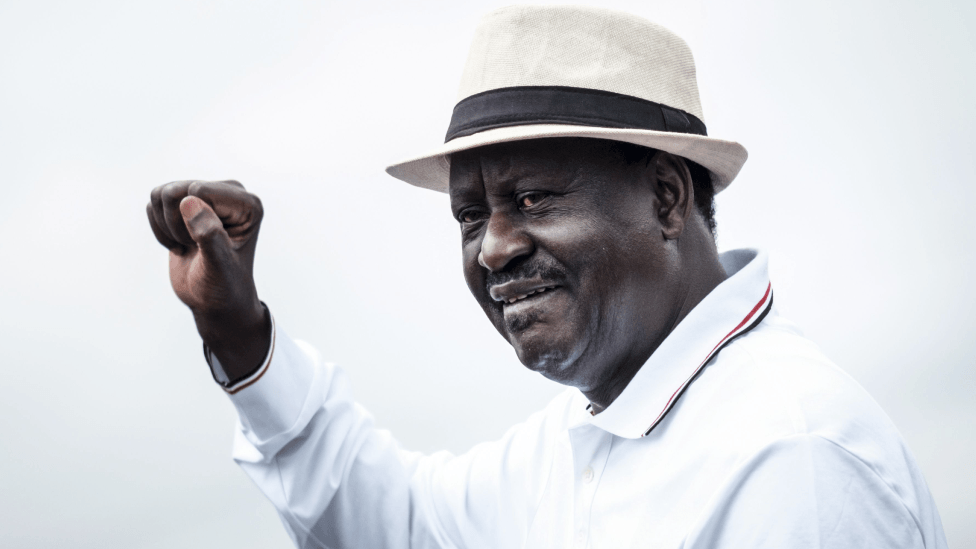Government support services to cushion persons with disabilities from the effects of Covid-19 have been minimal and inaccessible, a study has revealed.
In the research commissioned by the Ulemavu Research Institute, only six per cent of the respondents reported to have received relief food and cash transfers. Only three per cent had access to free healthcare.
This is despite the government appropriating Sh10 billion through a presidential declaration to help cushion all vulnerable groups including persons living with disabilities from the effects of Covid-19.
The National Council for Persons Living With Disabilities had also set aside Sh 200 million for short term Covid-19 intervention programme that hoped to reach 33,000 beneficiaries.
The research survey conducted via Survey Monkey online platform in April and May also reveals that a high percentage of persons with disabilities are unable to meet their needs for food and rent during the pandemic
The majority of the respondents (52 per cent) reported being an unable to meet their basic needs including their inability to access healthcare.
“This shows that persons living with disabilities are suffering. Most are either unemployed or in the informal sectors that have been largely affected by the Covid-19 pandemic,” Margaret Njiru, the head of research at Ulemavu Research Institute said.
She adds that imposed guidelines have worsened the movement restrictions among people with disabilities increasing their isolation and dependency on friends and families.
Five in every 10 respondents reported having restricted movement due to social distancing with four in 10 reporting limited access to a personal assistant. Others cited abuse and discrimination due to social distancing.
According to the study, the majority of persons living with disabilities relied on television (72.45 per cent) and social media (65.31 per cent) for information on Covid-19.
“Multiple studies have revealed that the majority of people with disabilities live in slums and rural areas, therefore, may not be able to access television, radio or the internet,” the researchers said.
With the pandemic having aggravated poverty in most persons with disabilities, the study says there is a need for a more disability inclusive approach to the Covid-19 response and recovery strategy.
“People with disabilities deserve better attention and treatment in the country. They are already an isolated group. Covid-19 is an added pain to the injury,” it states.
The study that targeted persons living with disabilities, their parents and caregivers involved 196 respondents from 36 counties. Of those, 56.12 per cent were male, 43.7 per cent females and 0.51 per cent preferred not to disclose their sex.
Edited by R.Wamochie












